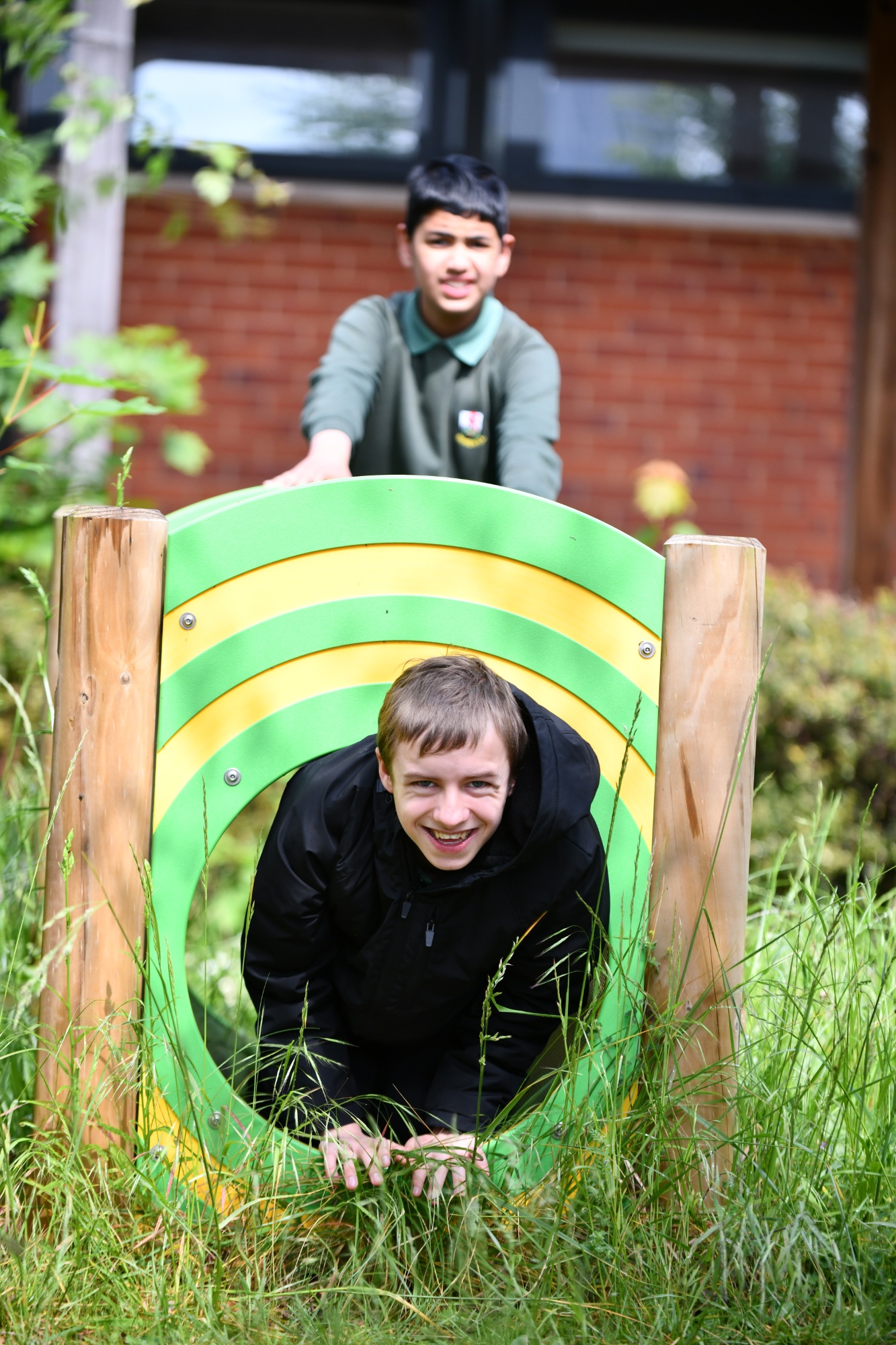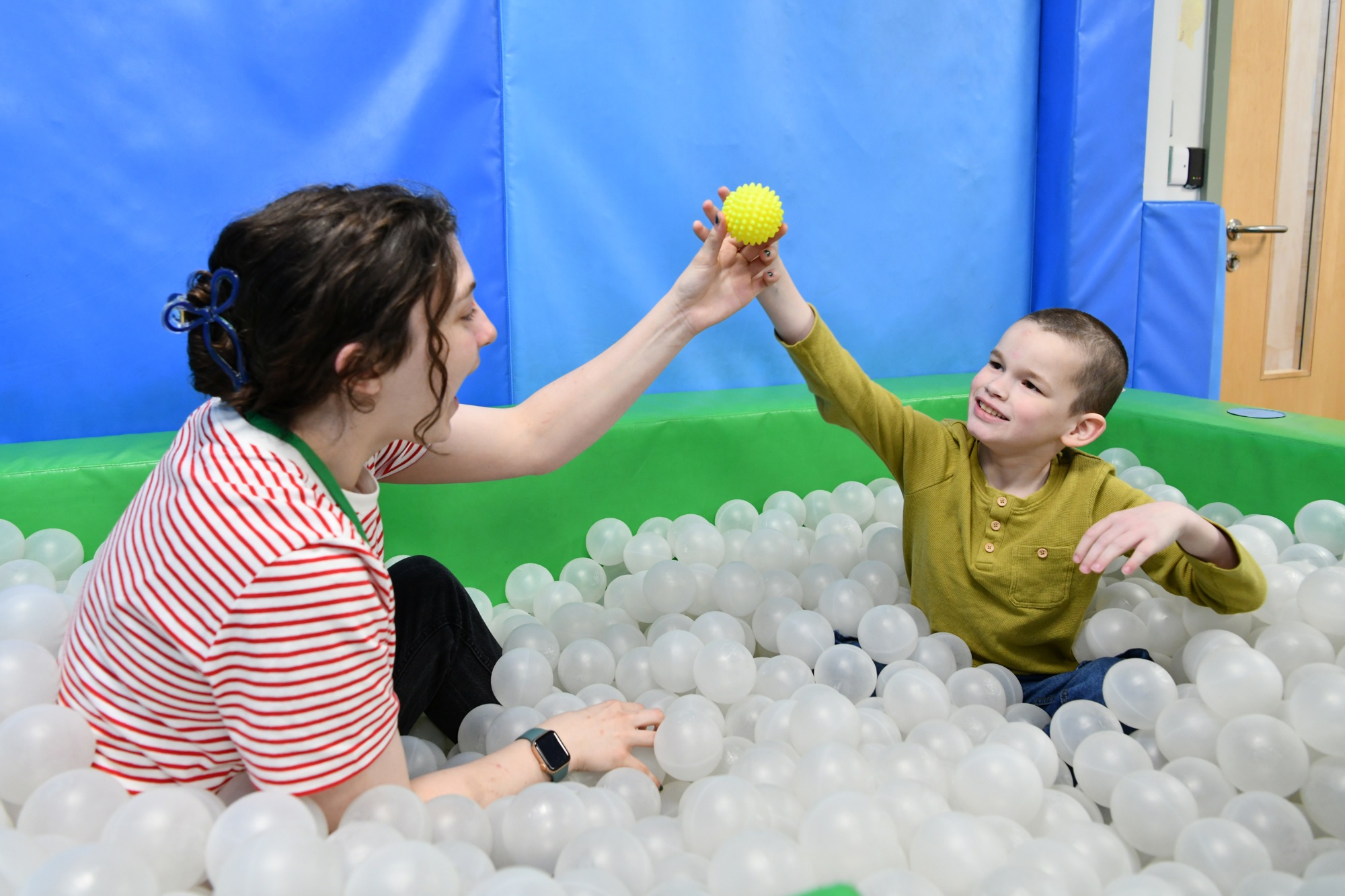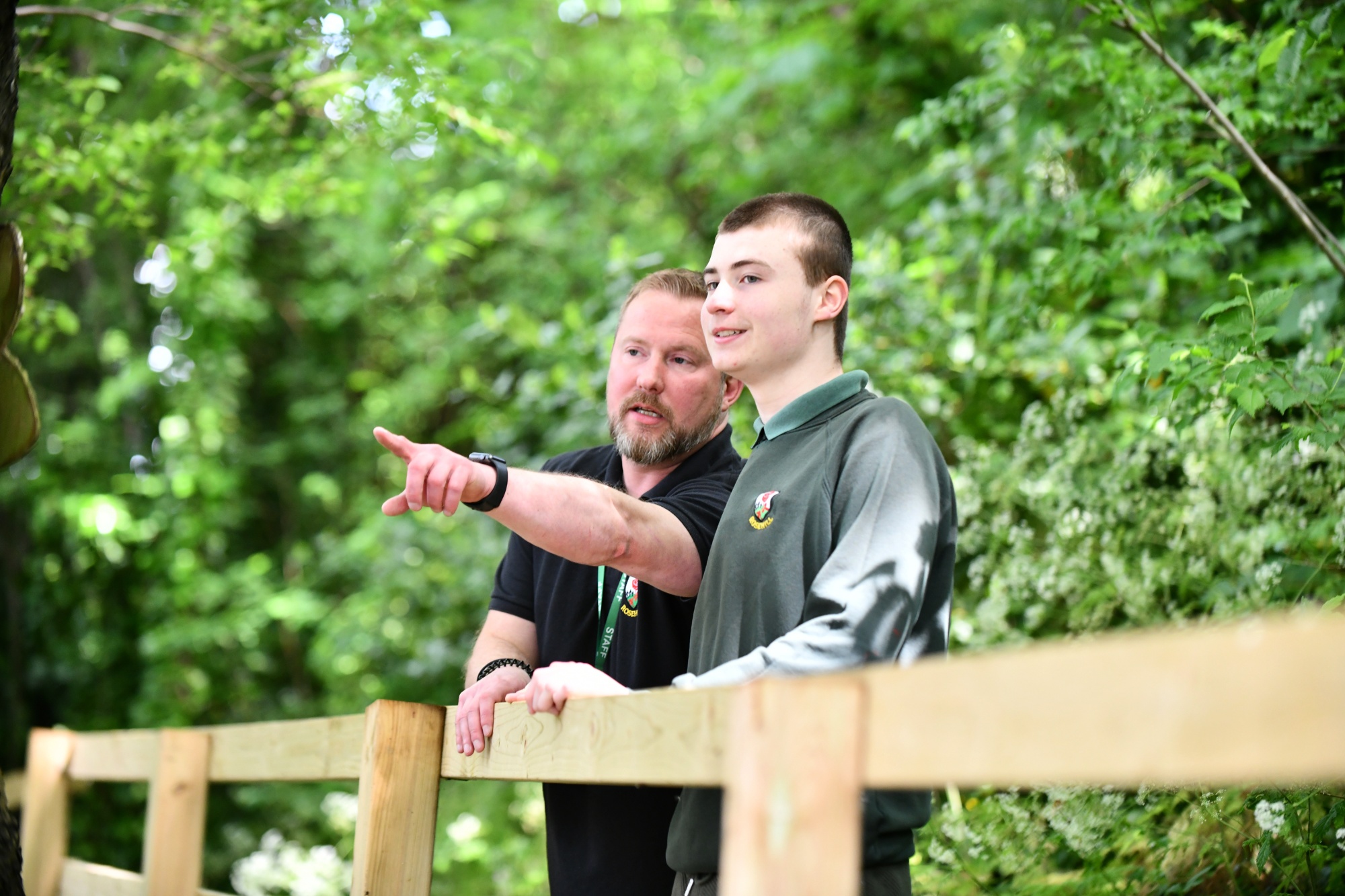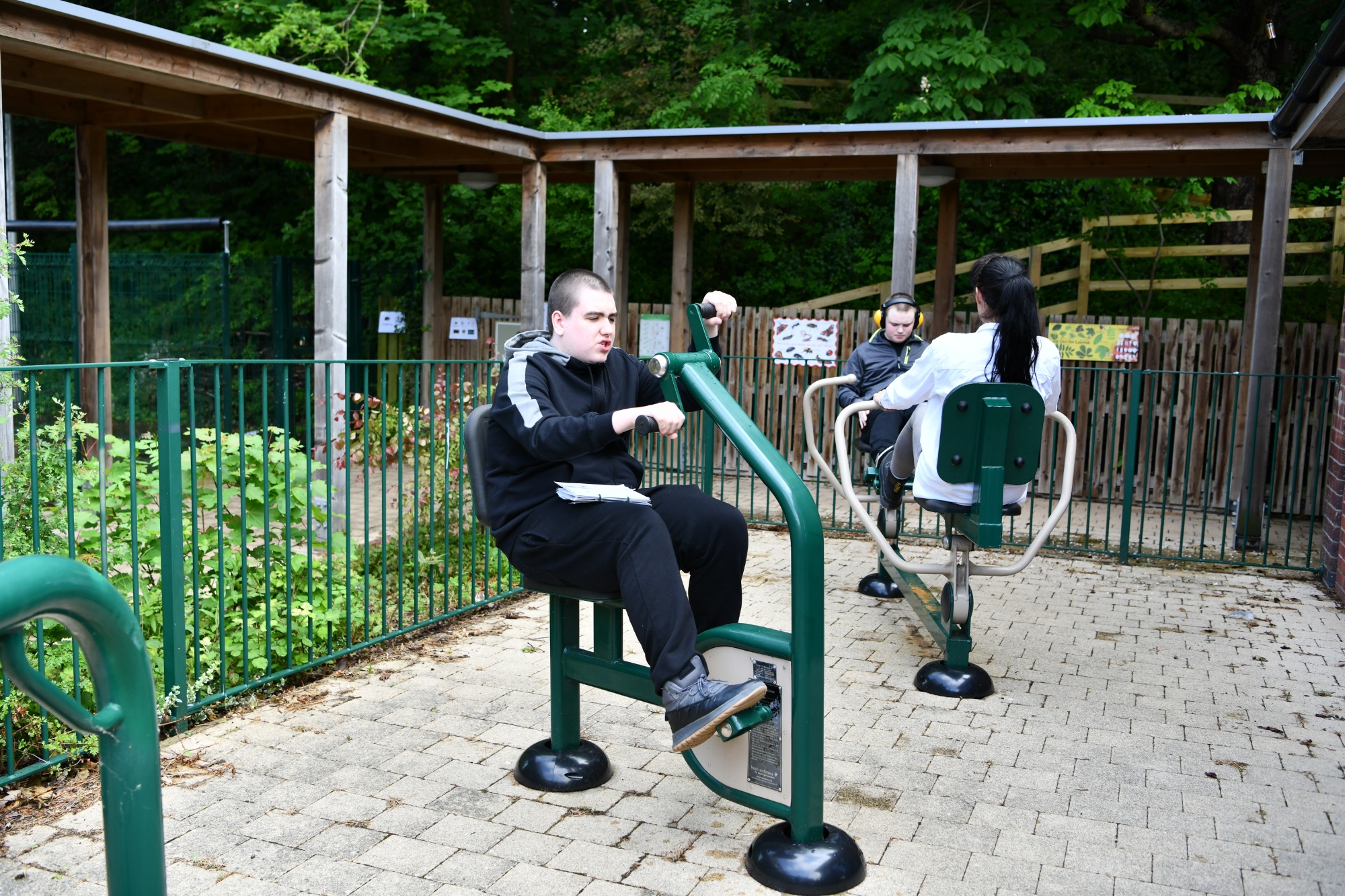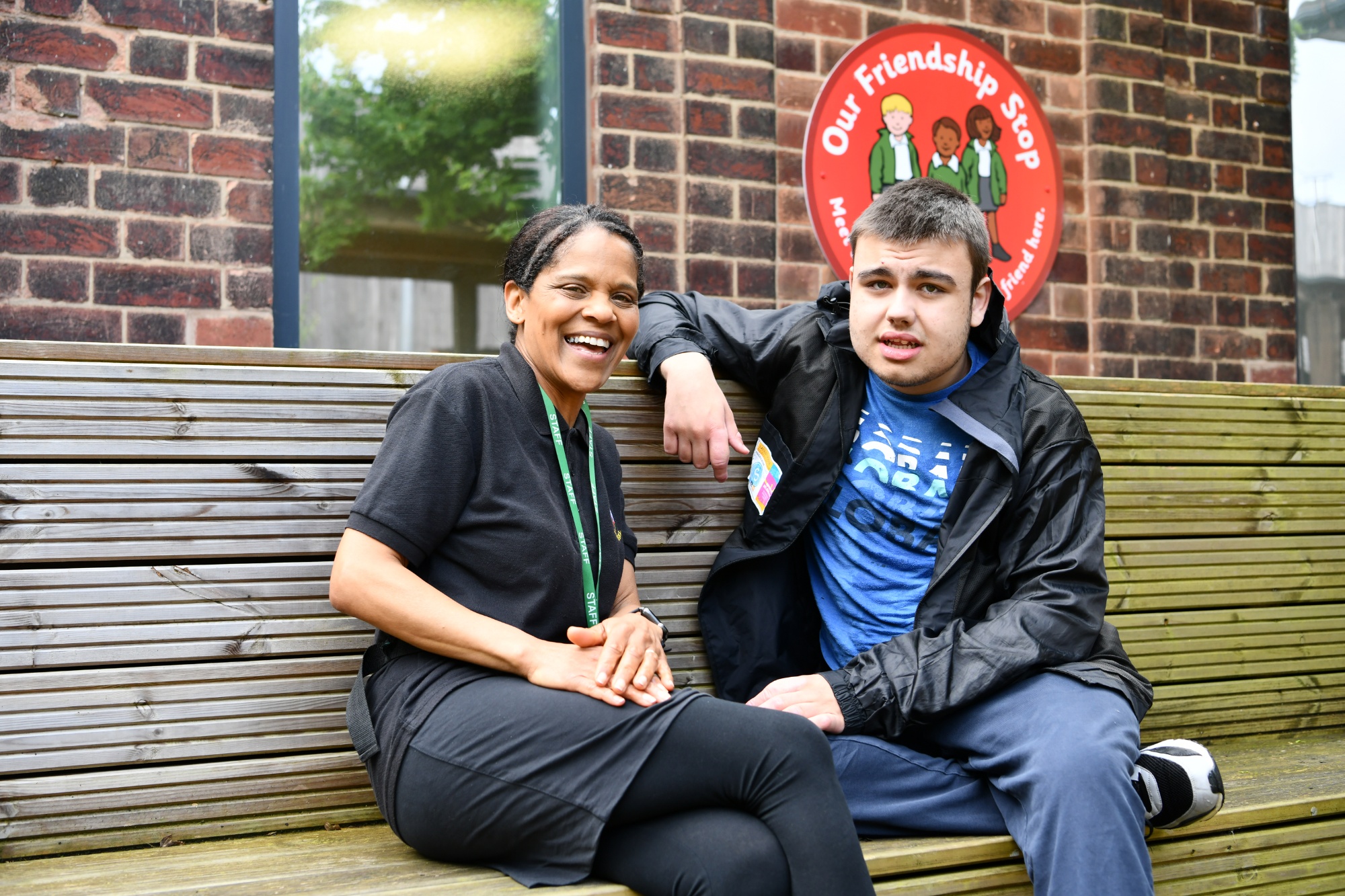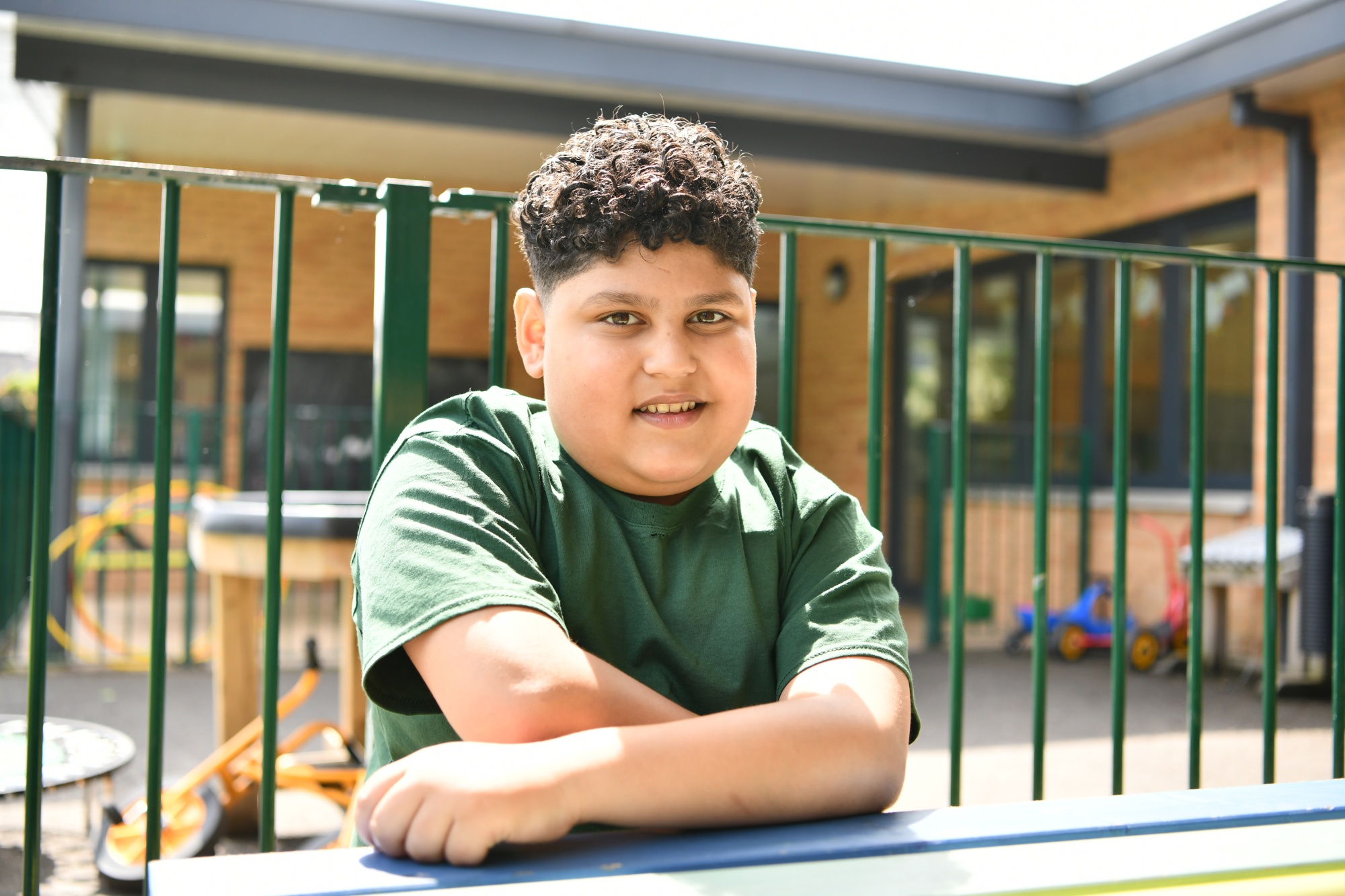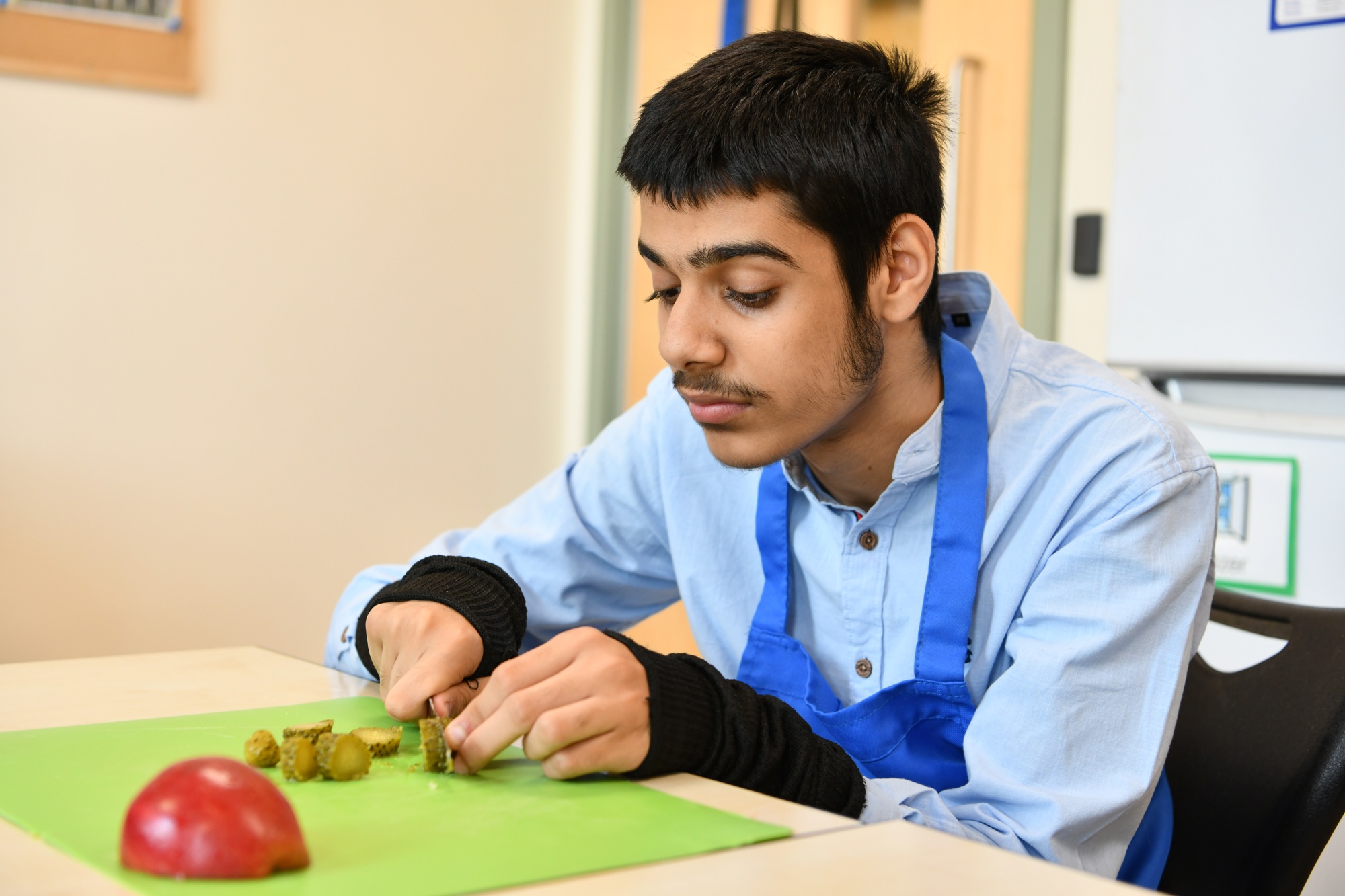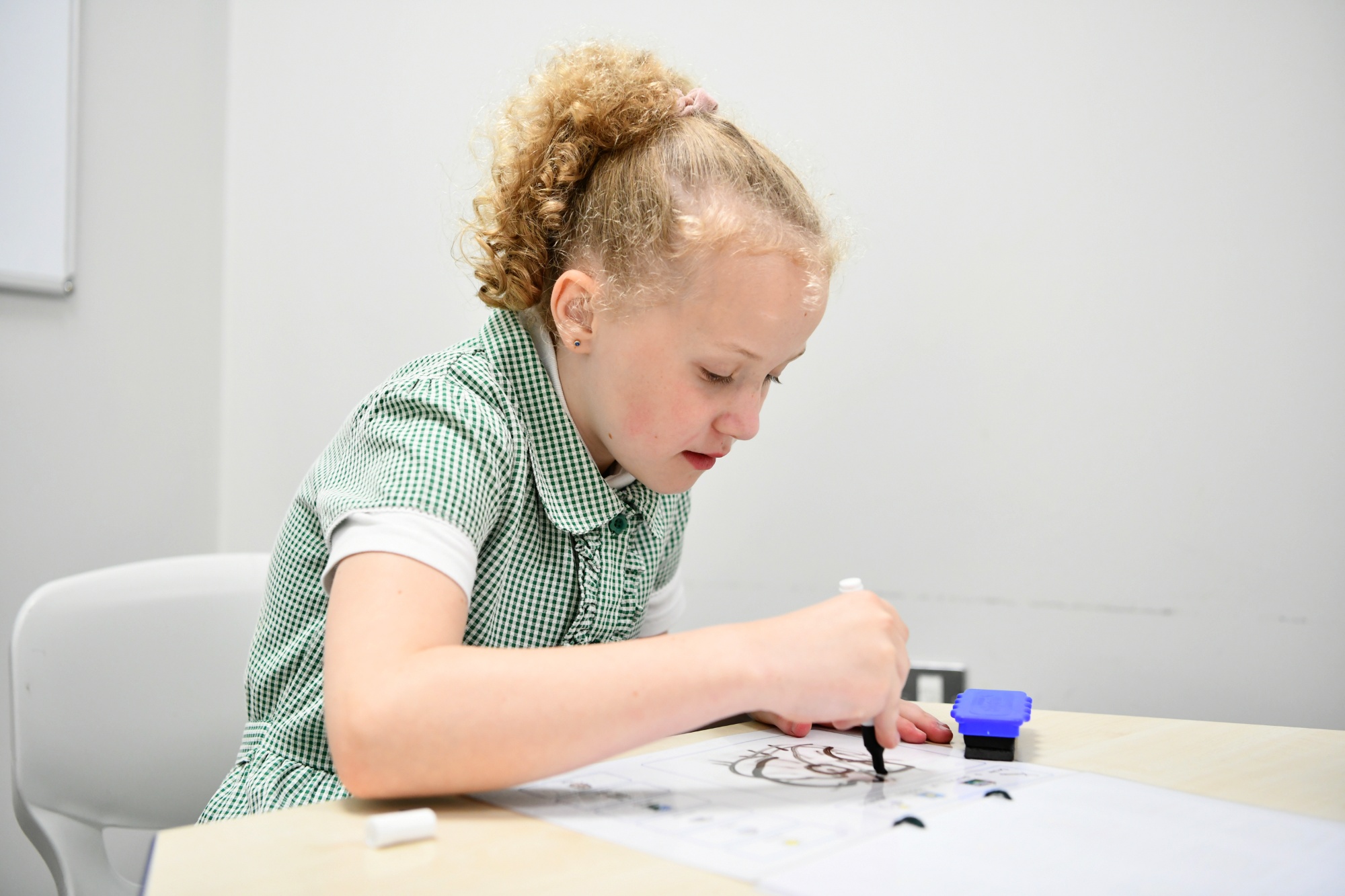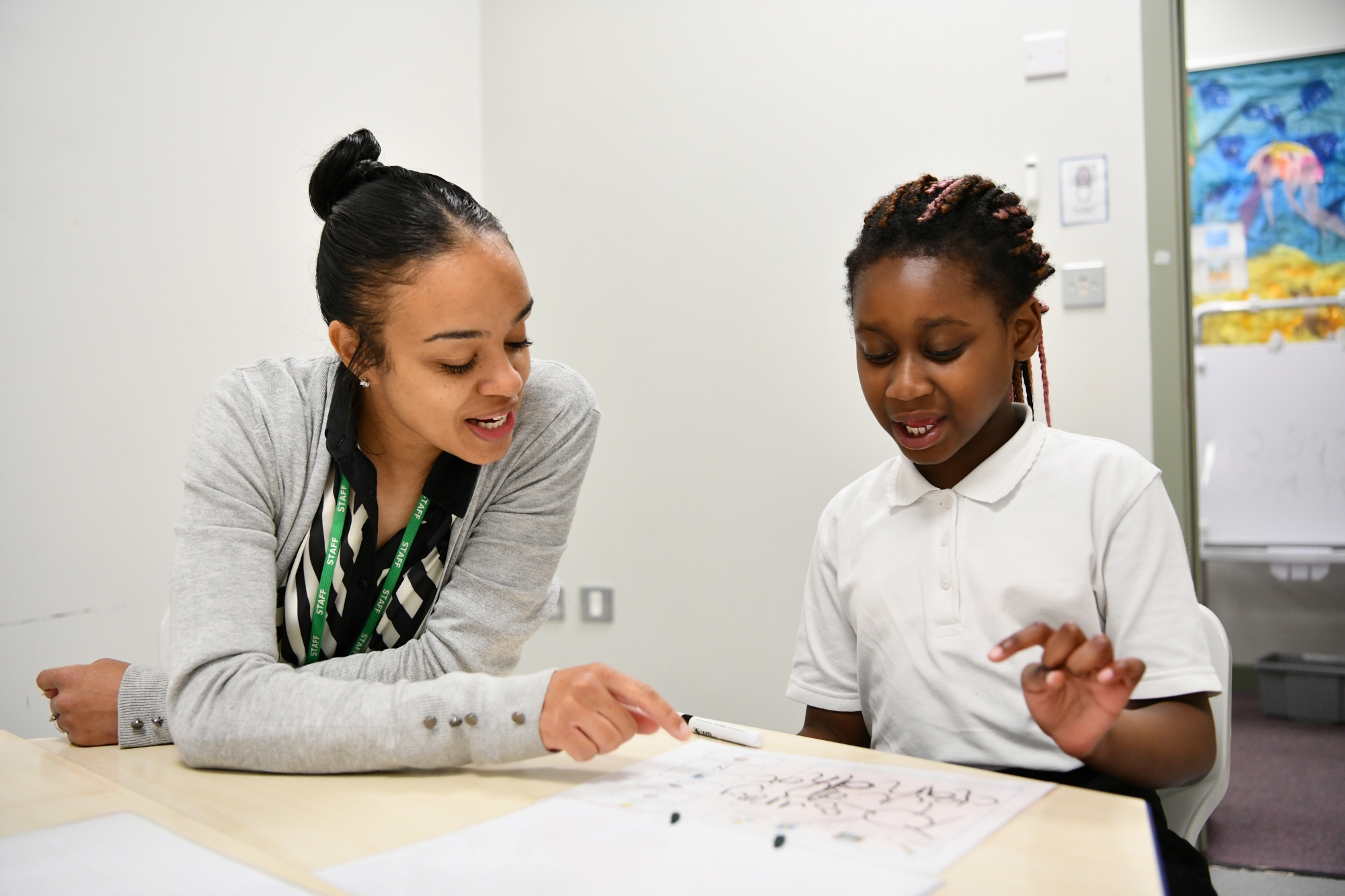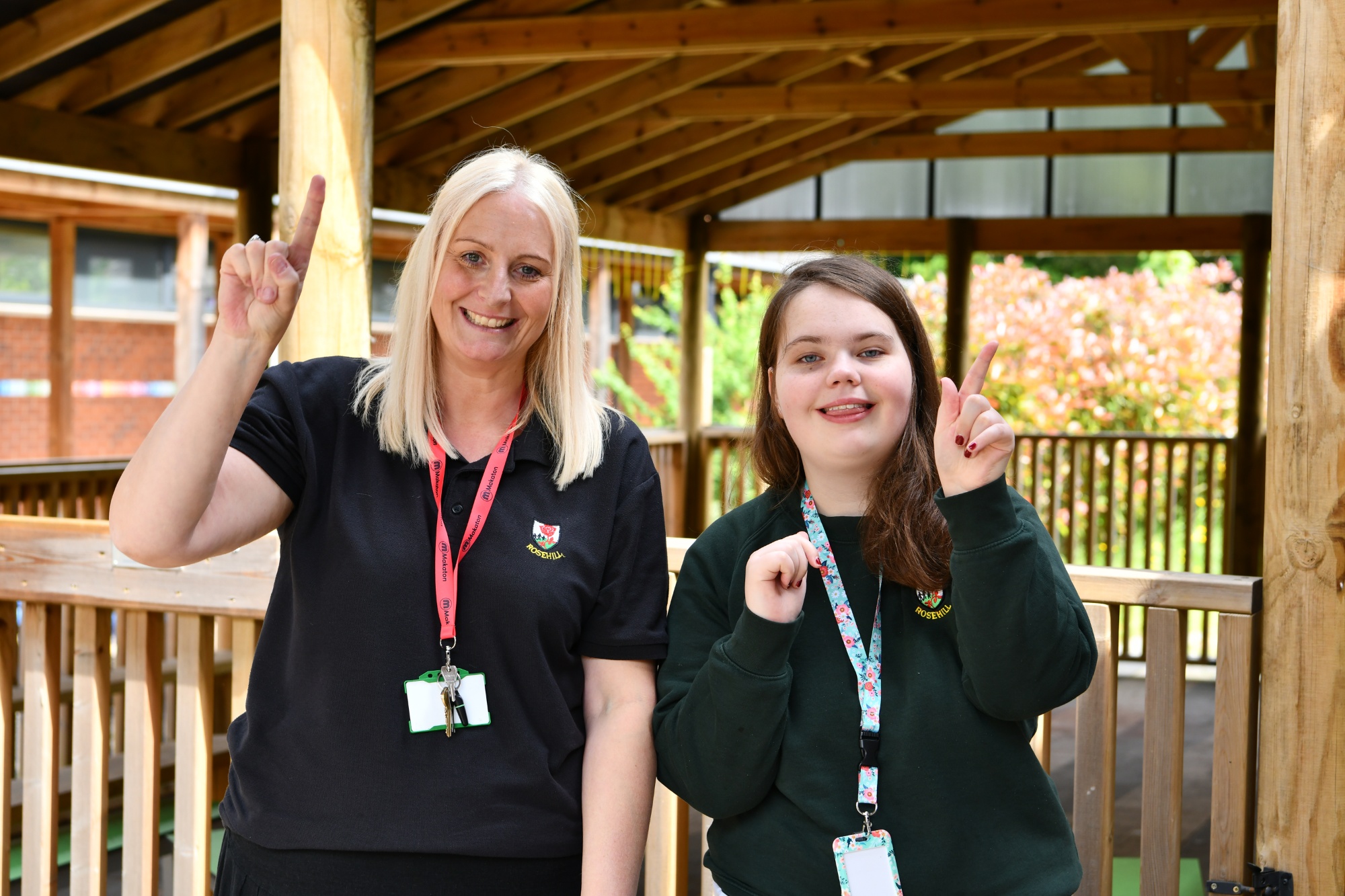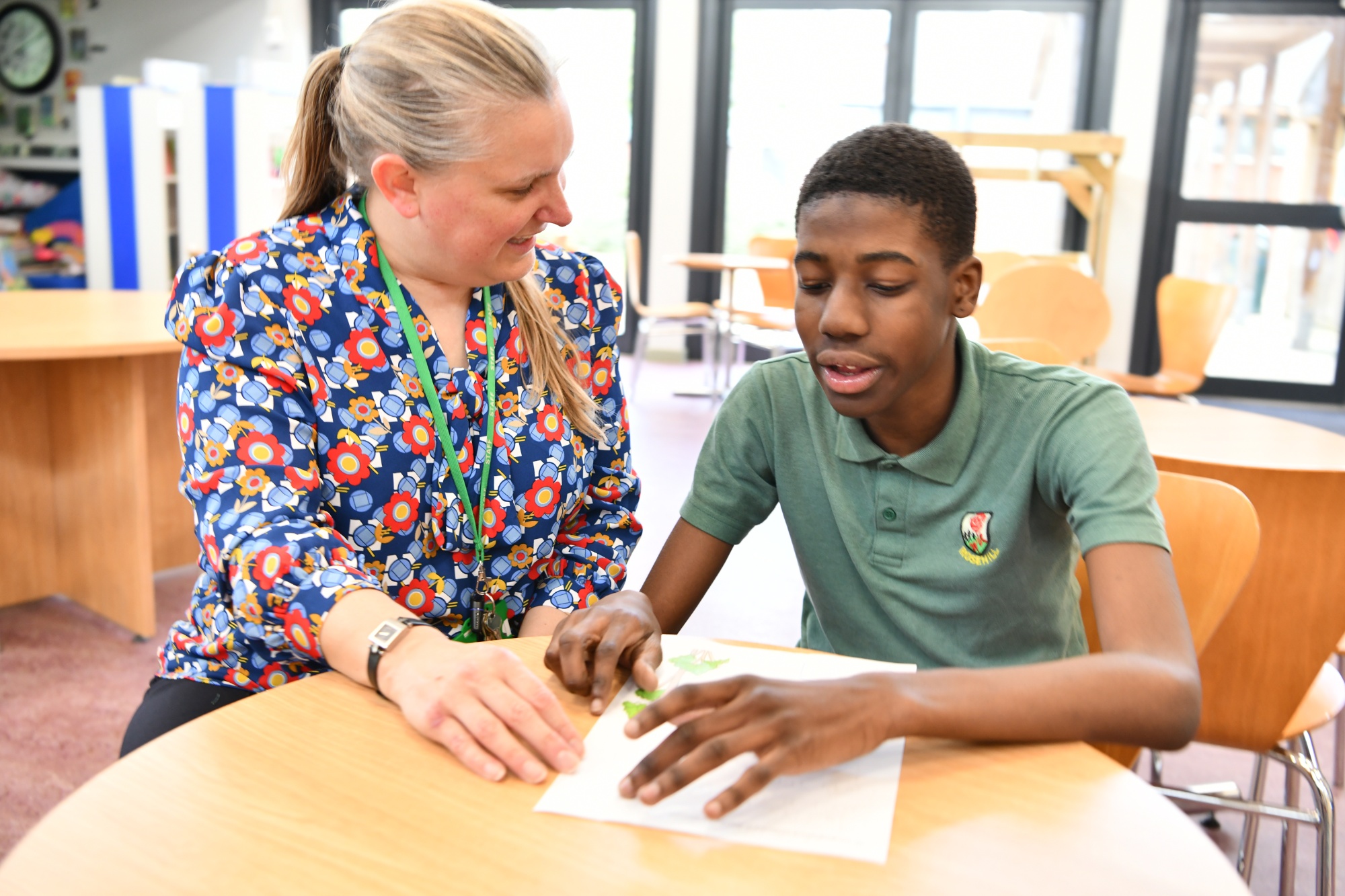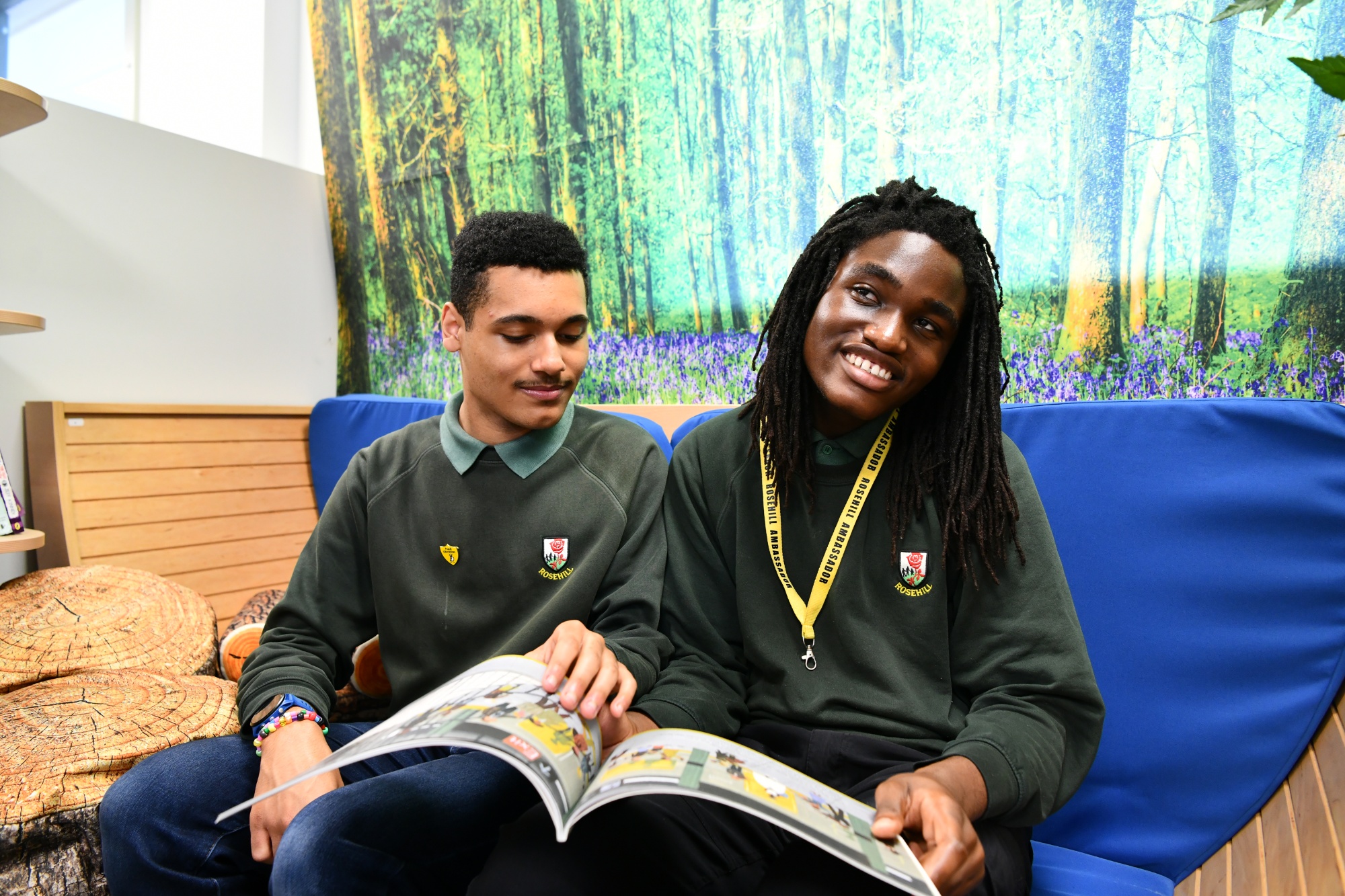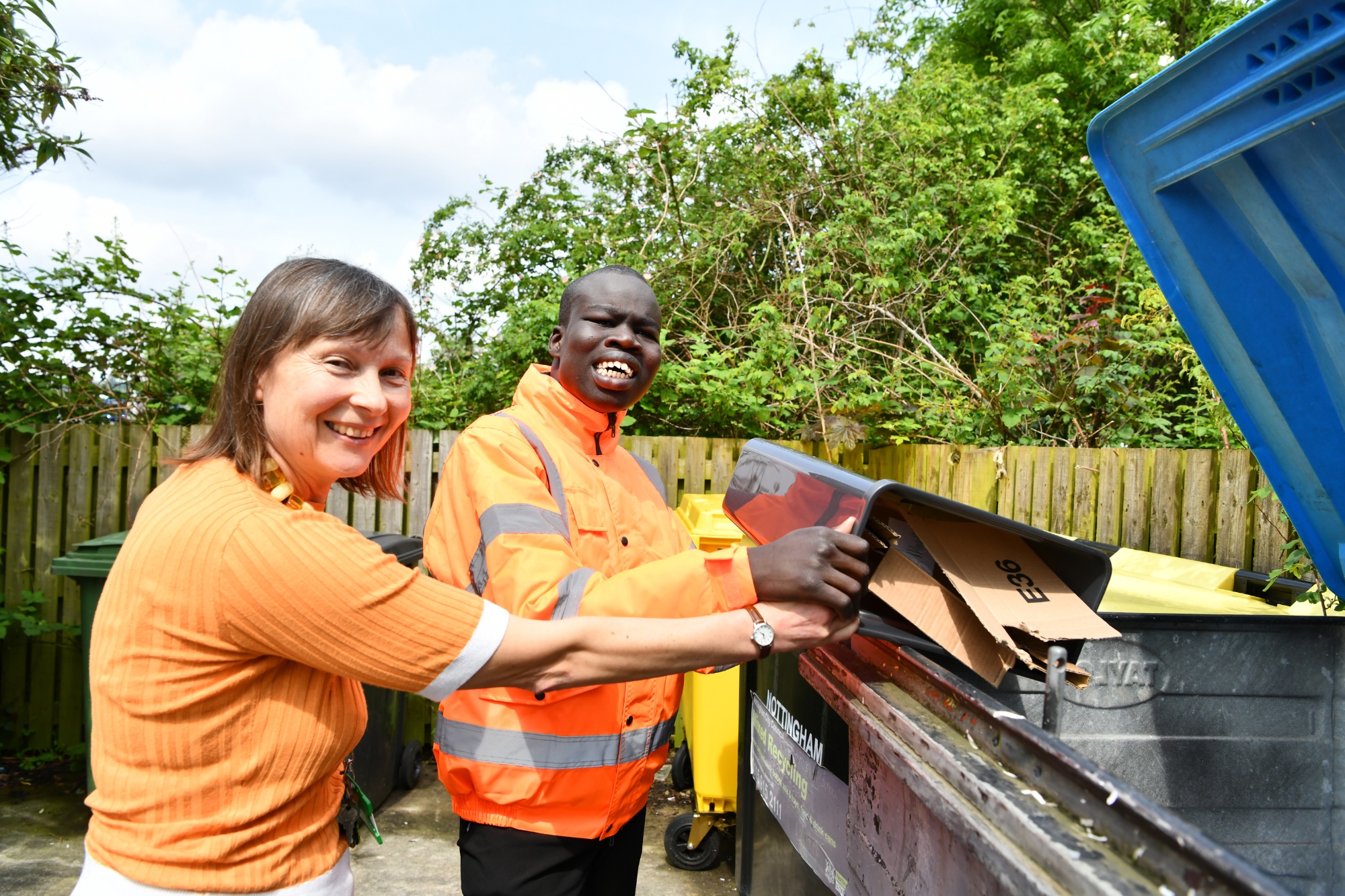
Communication
Introduction
Language and communication skills are essential for all our pupils. We want our pupils to be able to express themselves creatively and imaginatively, and to communicate effectively both verbally and non-verbally with others in a range of social situations. We teach pupils the skills they need to communicate in ways relevant to their individual needs, through their most preferred method of communication, developing their skills in speaking and listening, reading and writing.
Intent
The focus is for all pupils to have the opportunity to develop their language, communication and social skills in an atmosphere of mutual understanding and respect. The school promotes a total communication approach and all forms of communication are valued and utilised in a culture of trust, so that each pupil’s engagement with communication and learning can be successful and equip all pupils with the necessary skills to allow them to function in society as independently as possible. The curriculum promotes children’s pre-intentional and intentional communication skills through approaches such as sensory journals, intensive interaction and play.
Implementation
We have a total communication policy; all methods of communication are used;
- Speech or sounds
- Signs and symbols
- Facial expressions
- Body language
- Photographs
- Picture exchange (Rosehill PECs)
- Objects of reference
- Communication passports
- Communication aids
- Intensive interaction
Speech, language and communication are taught in a variety of progressive ways. High quality opportunities are provided for pupils to develop functional language and effective communication:
- 1:1 sessions, small groups
- Social communication sessions/ projects
- Outdoor learning
- Intensive Interaction
- Community inclusion
- Rebound therapy
These sessions are taught in fun, motivating ways to ensure all children extend their communication. Staff also use a collaborative approach, working with parents and Speech Therapists to use ‘autism friendly’ strategies to ensure communication is implicit in all areas of the curriculum and in daily life.
Staff use a collaborative approach, working with parents and Speech Therapists to use ‘enabling’ strategies to ensure communication is implicit in all areas of the curriculum and in daily life.
Further Information and Evidence of Impact
For further information about our Communication Curriculum please contact:

